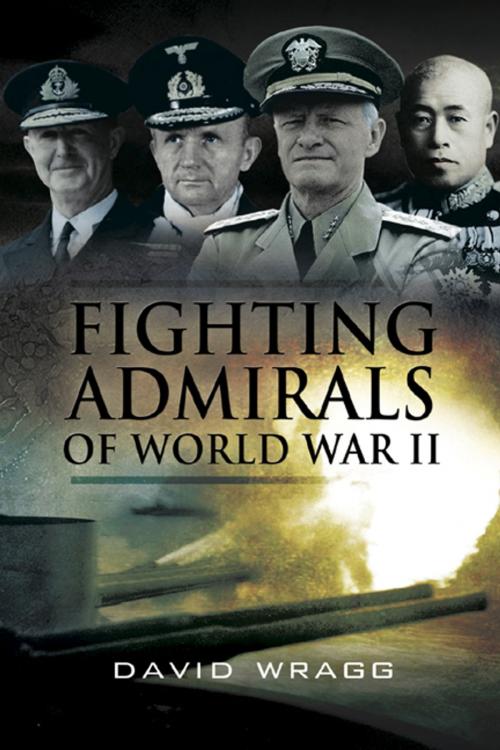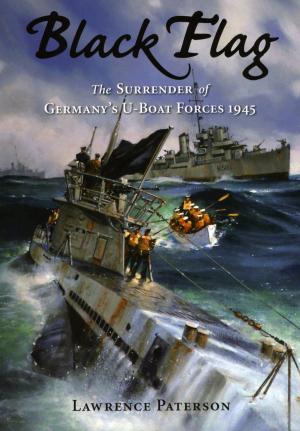| Author: | David Wragg | ISBN: | 9781844685424 |
| Publisher: | Pen and Sword | Publication: | February 19, 2009 |
| Imprint: | Pen and Sword Maritime | Language: | English |
| Author: | David Wragg |
| ISBN: | 9781844685424 |
| Publisher: | Pen and Sword |
| Publication: | February 19, 2009 |
| Imprint: | Pen and Sword Maritime |
| Language: | English |
Seapower was a crucial element in the outcome of the Second World War. The U-Boat campaign almost brought Britain to her knees; the Arctic convoys were crucial to keeping Russia in the War; Pearl Harbor brought America into the conflict with massive repercussions; allied naval supremacy made the D-Day landings possible.
This book examines in detail the key naval commanders of both sides including five British (Pound, Cunningham, Ramsay, Horton, Somerville) and five US admirals (King, Nimitz, Spruance, Halsey, Fletcher), three German (Raeder, Doenitz, Lutjens) three Japanese (Yamamato, Nagumo, Koga) and two French (Darlan, de la Borde), the latter
justified by the problems faced by Vichy France, including the courageous decision to scuttle the fleet rather than let it fall into German hands in late 1942. In selecting the list, the author has made their decisive role in the war the only criterion.
Seapower was a crucial element in the outcome of the Second World War. The U-Boat campaign almost brought Britain to her knees; the Arctic convoys were crucial to keeping Russia in the War; Pearl Harbor brought America into the conflict with massive repercussions; allied naval supremacy made the D-Day landings possible.
This book examines in detail the key naval commanders of both sides including five British (Pound, Cunningham, Ramsay, Horton, Somerville) and five US admirals (King, Nimitz, Spruance, Halsey, Fletcher), three German (Raeder, Doenitz, Lutjens) three Japanese (Yamamato, Nagumo, Koga) and two French (Darlan, de la Borde), the latter
justified by the problems faced by Vichy France, including the courageous decision to scuttle the fleet rather than let it fall into German hands in late 1942. In selecting the list, the author has made their decisive role in the war the only criterion.















